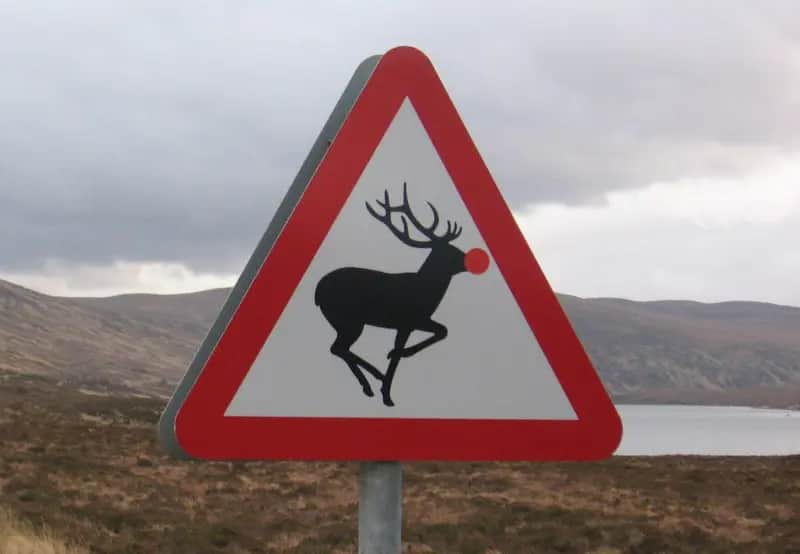THE IMPORTANCE OF MOUNTAINS FOR PHYSICAL AND MENTAL WELL-BEING

BREATH OF FRESH AIR: Gazing down over the winter landscape of Loch Etchachan in the heart of the Cairngorms

LIGHT FANTASTIC: Harris hills
AFTER the highs, the lows. It's as certain as night following day. There's no escape – the key is learning to live with them.
Twelve days ago I was standing at the summit of Ben Nevis celebrating the completion of my Full House. For a brief moment there was elation, and, for a few more, satisfaction. But the biggest emotional response was relief.
It may seem strange that the successful conclusion to a self-imposed objective should be anything other than unbridled joy, but most of that joy has already been spent on the dreaming and the planning. It's the journey that excites, not the arrival.
As the clock ticked closer to midnight, I was already turning my attention elsewhere. It's hardly surprising; for nearly two years I have been a slave to a schedule of one sort or another.
My hill days during 2018 were dictated by lunar cycles for my new book, Mountains of the Moon, and this year has been largely conceded to a chasing down of outstanding summits to complete the six lists. Spontaneity, the most crucial factor in my mountain philosophy, had been sacrificed, and the damage was entirely self-inflicted.
There were great days, but too often I found myself stumbling around on featureless slopes and zero visibility when I felt I could have been somewhere more exciting in better conditions. The spirit of well-being, for body and soul, was being sorely tested.
It's got to the stage that whenever I hear the name Donald, I am in danger of having a panic attack. And before all you champions of the Southern Uplands put pen to paper, I'm not referring to the hills but rather the ranting, rambling, supposed leader of the free world.
The great outdoors has always been an antidote to my blacker moods. During the teenage years I was able to take my frustrations out at the weekend on the football pitch. Even though I often came off second best in the meaty tackles department, the previous week's anxieties had been washed away.
When I worked in newspapers, the midweek days and weekends fused into one, the working hours longer, more anti-social. It was a boom or bust job. The often frenetic pace had the advantage of keeping the mind busy, but there could also be long lulls with not enough to do and too much time to think.
I was fortunate that my black spells were – and still are – short-lived. There seemed no real reason for the descent into those dark spaces, no obvious trigger.
It would start late afternoon or evening and I would feel myself sinking further and further into the pit. The night would be restless, the sleep, if any, disturbed, and this would carry on into the next day before I would start the gradual climb back out from the depths.
When my job became all-consuming, I decided I needed an outlet, something that could open the pressure valve and let off steam. The hills became my saviour. This was a pastime that could fit round any schedule, that meant I didn't have to depend on anyone else.
It became an antidote to the rigours of work and everyday life, and over time, it has become a way of life. There's no down side. Whenever the black dog is waiting at the door for walkies, I pick up the lead and go.
It's more than ten years since I turned my back on full-time employment in newspapers. Although I enjoyed the job a lot of the time, I have never missed it for one minute.
I feel fortunate I was able to walk away at a relatively young age and start doing something I felt passionate about. Many would love to follow the same path but the pressures of life prevent that becoming a reality.
It may seem a little churlish, therefore, that I should be seen to be complaining about the quality of recent mountain days. There's no such thing as a bad day on the hills.
Winter is coming, and I'm already dreaming of epic, long days in the Cairngorms; ice-rimmed rocks, frozen water and deep, soft snow; soaring white walls and boundless plateaux; an Arctic landscape that never fails to lift the spirits, even in the darkest of days.

